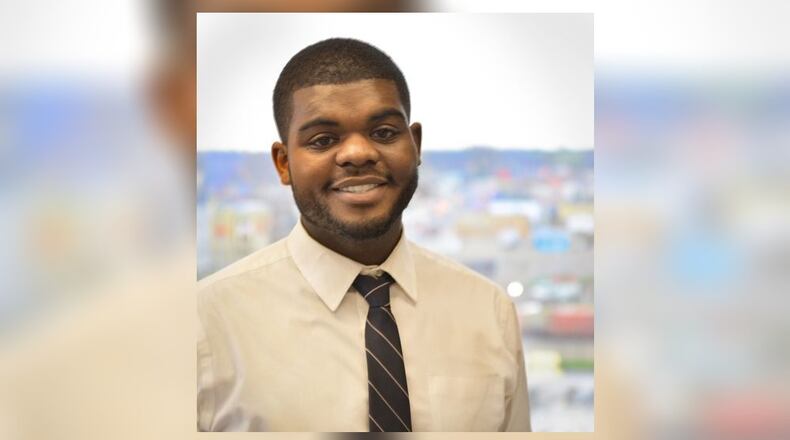As part of the commission’s 2017-18 plan, the organization is creating a “diversity lens.”
Swift describes a lens like a pair of glasses: “to help people who may have preconceived notions about a certain group of people, or who just don’t understand the terms and concepts related to diversity and inclusion.”
“We want the cafes to be a dialogue and community conversation about what it is to be an African-American in Hamilton, or what it is to be a woman in Hamilton, or be an individual who has a developmental disability in Hamilton,” he said.
At the events, people will sit in circles and talk, with coffee and refreshments provided.
“A lens is a resource for individuals who are interested in diversity and inclusion, or who are interested in reaching individuals who are at risk of exclusion,” Swift said. “The lens provides a set of probing questions, promising practices, for them to be able to read and get a better understanding of some strategies for reaching people who are at risk of exclusion.”
Participants will learn what stereotypes the groups face, what’s happening with them in the community, what agencies exist to serve them, and what the city and county can do to help them and be more friendly to them.
“A lens is helping people to better understand the communities, so any assumptions you have, you can kind of base it on this lens, and you can make better decisions,” Swift said.
YWCA of Hamilton Executive Director Wendy Waters-Connell, who recently participated in a cafe on the topic of women, said, “I think it is a very pro-active way of engaging different voices that may not always be heard.”
At the event, “I heard women speak of their experiences, in a platform not previously offered, and it was very empowering,” she said. “And the reason being, the Diversion and Inclusion (Commission) at the very end, asked, ‘What can the city do to help women’s issues?’”
“And that’s a very important question,” she said.
Swift said a lot of human relations professionals have attended prior events, “but what we really want is our people who are in the community.”
Here are upcoming Diversity Cafés and their topics:
- 6 p.m. April 24 at the Butler County Board of Developmental Disabilities, 282 N. Fair Ave.; topic: individuals with developmental disabilities,
About the Author
